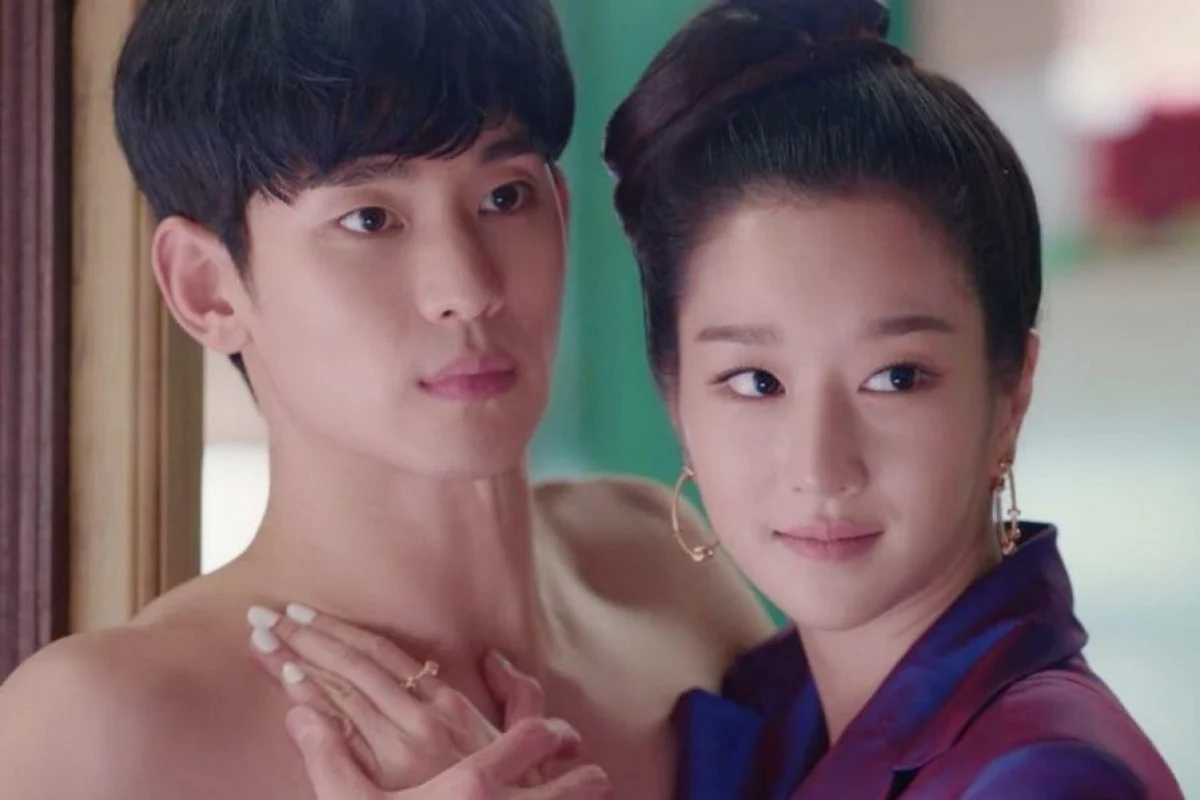It’s Okay to Not Be Okay is a famous South Korean drama that premiered in 2020 and starred Kim Soo-hyun, Seo Yea-ji, and Oh Jung-se. It’s also an excellent illustration of how Korean dramas are evolving. The drama, which aired in Korea on tvN and globally on Netflix, was a critical triumph, garnering eight nominations and two wins at the 57th Baeksang Awards. The New York Times rated it one of the finest international shows of 2020, and it was nominated for an International Emmy for best TV mini-series in 2021. However, a decade ago, the play would not have been created, let alone watched by a worldwide audience.
Studio Dragon, a Korean drama production, marketing, and distribution firm founded in 2016 as a spin-off from CJ ENM, devised the creative plot about a devoted caregiver and an antisocial novelist. Kim Young-kyu, CEO of Studio Dragon, and So Jae-hyun, executive producer of It’s Okay to Not Be Okay, attended the International Emmys presentation honouring their drama. Although the drama was defeated by the Norwegian/English historical mini-series Atlantic Crossing, Kim is delighted that more Korean dramas are being seen by overseas viewers.
“There are many fantastic dramas in Korea, but there were less opportunities to view them overseas until lately,” said Kim. “Nowadays, there are other platforms such as Netflix, and this has an impact on the possibility of Korean dramas to go overseas.” Because the Korean market for dramas is so limited, it will be impossible for a Korean production business to compete if it does not go international immediately.”
Kim views the competition favourably. “Because of the intense rivalry, they are under pressure to create better Korean dramas right now.”
The establishment of Studio Dragon was a watershed moment in the Korean drama business. Previously, terrestrial TV broadcasters (MBC, SBS, and KBS) developed their own dramas within a strict structure.
“Previously, only TV stations produced their own shows, which were influenced by ratings and censorship,” Kim explained. “As a result, there could be no violence or sex scenes.” We can now develop more imaginative series.”







